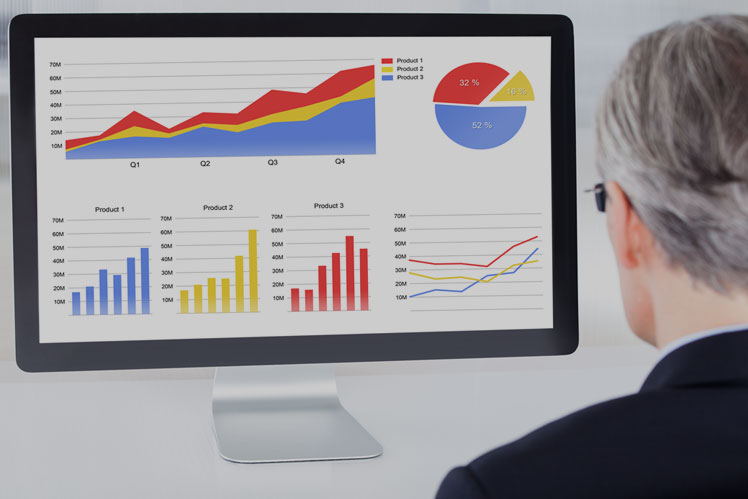There will likely be many impacts on the global economy resulting from the Russia-Ukraine War. The biggest casualty will most likely be the end of the “business as usual” mindset that most Canadians have lived by since at least 1980, if not since the end of World War Two.
Just like the nostalgic desire to return to “life before Covid”, there tends to be a deeply held belief that any future recessions, trade wars (or other economic disruptions) will be temporary events that fade into the night. And then you can get on with the financial planning methods that have served so well for decades.
Well, what has changed? First, the 40-year period of declining interest rates and steady inflation appears to be ending. Despite economic weaknesses becoming more evident in Canada and the United States, Central Banks are being forced to raise interest rates to combat rising inflation.
If you have a large mortgage, of $500,000 or more, then your future planning should consider the impact of rising interest rates in the coming couple of years and maybe even decades. It will not be straight up, but the trend of higher interest rates will very likely continue onward at each mortgage term renewal. This will also require Canadians to review the use of HELOCs (Home Equity Lines of Credit) versus using a traditional fixed rate mortgage.
Global trade also now appears to be moving towards new geographic zone methods of trade and commerce which will likely continue to disrupt and change global supply chains. This is a marked change from the previous pushes for “globalization” and will likely reverberate throughout the global economy for years to come. This change will also likely challenge the continued use of the US dollar as the global trade settlement mechanism and give more power to exchanges competing with the SWIFT trading system.
Inflation has been relatively low and benign for almost 30 years, trending at about 2% or less. With the recent global financial rescue mission (due to Covid) and the unprecedented shut-down of the global economy for a period of time, inflation has been moving back into a long-term rising trend that is breaking through the 2% level. These new inflationary pressures can be directly attributed to the estimated $11 Trillion dollars of money created “out of thin air” just by the US Government alone.
Earlier this year, Russia accounted for about 5% of global daily oil production with much of it going to the USA and other European markets. Ukraine accounts for about 25% of global wheat production. It is hard to imagine Ukrainian farmers planting wheat this spring during a war, so experts are saying that consumers should expect some food and energy inflation to persist for many months to come.
Investing and saving in this environment will require a new mindset and set of tools to help investors to navigate and thrive in this environment. This is a skill set that has not been used since the inflationary 1970’s. Few professional investors have used those skills for decades, but they will adjust quickly in the next few years.
The idea of life (or the economy) returning to a “business as usual” approach in the immediate future should be carefully reconsidered when thinking about a long-term financial strategy. When economic stresses occur, some people react quickly without a strong strategic plan by cashing out investments or doing other similar things.
The key to saving and investing during turbulent times is to be laser focused on your goals and what you can control, even more than ever today. Give us a call to review your financial strategy.
And remember, this too shall pass……eventually.
Copyright © 2022 AdvisorNet Communications Inc., under license from W.F.I. All rights reserved. This article is provided for informational purposes only and is based on the perspectives and opinions of the owners and writers only. The information provided is not intended to provide specific financial advice. It is strongly recommended that the reader seek qualified professional advice before making any financial decisions based on anything discussed in this article. This article is not to be copied or republished in any format for any reason without the written permission of the AdvisorNet Communications. The publisher does not guarantee the accuracy of the information and is not liable in any way for any error or omission.







